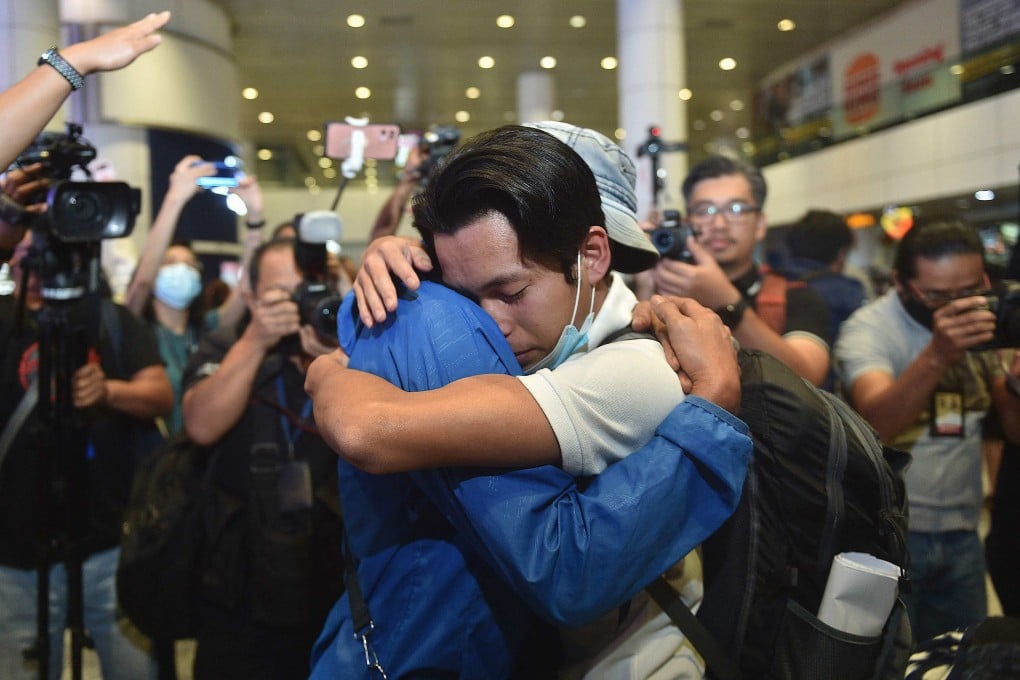Advertisement
Southeast Asian activists urge Asean help to rescue scam trafficking victims from Chinese gangs
- Scams reel people in with promises of high paying jobs overseas which are online cons, targeting victims with fake investment opportunities or romance
- Campaigners in Thailand, Malaysia, Indonesia have lodged a complaint with Asean’s Intergovernmental Commission on Human Rights, ‘as no nation can solve issue alone’
Reading Time:3 minutes
Why you can trust SCMP

Southeast Asian nations are failing to protect people from being trafficked into scam networks, according to rights activists, who are demanding swift action from Asean to rescue victims of syndicates running multimillion-dollar criminal enterprises inside the bloc.
Asia’s scam centres have reeled in an untold number of people with the promise of high paying jobs overseas which later turn out to be online cons, targeting victims across the world with bogus romance or investment opportunities.
To regain their freedom victims must pay several thousand dollar ‘ransoms’ for their release from the networks, or attempt dangerous escapes from compounds protected by armed guards and razor wire.
Advertisement
Campaigners in Thailand, Malaysia and Indonesia have lodged a formal complaint with the Asean Intergovernmental Commission on Human Rights (AICHR), the region’s main human rights institution, hoping to trigger legal duties to protect trafficking victims, according to a copy of the document shared with This Week In Asia.
“We are talking about potentially thousands of victims, from every single Asean country,” said Maya Linstrum-Newman, international advocacy officer of the Bangkok-based Global Alliance against Traffic in Women (GAATW).
Advertisement
The situation cannot be solved by one country alone, she added, and needs Asean “to come together and take decisive action. This is why we have turned to AICHR for help”.
Advertisement
Select Voice
Choose your listening speed
Get through articles 2x faster
1.25x
250 WPM
Slow
Average
Fast
1.25x